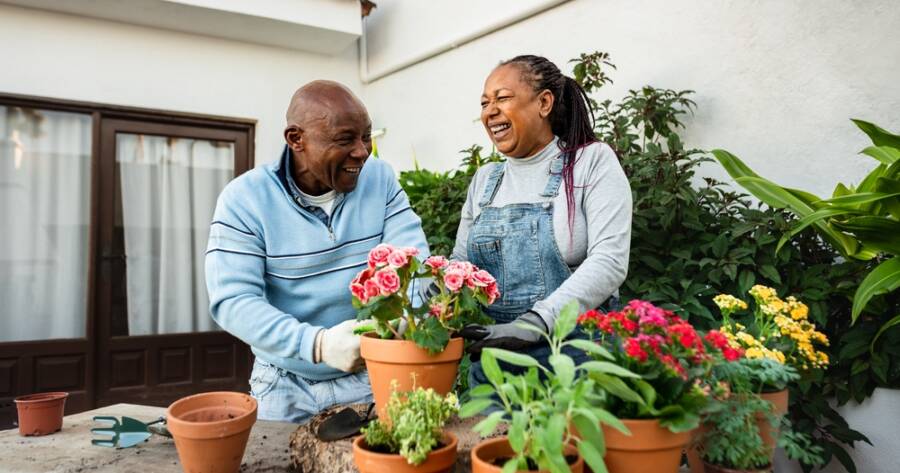Creating a thriving, beautiful garden doesn’t have to cost a fortune—or harm the environment. With a few simple, eco-friendly hacks, you can cut costs while making your outdoor space more sustainable. From repurposing everyday items to conserving water and nourishing plants naturally, small changes can have a big impact. These green gardening tips help you save money, reduce waste, and keep your garden flourishing in harmony with nature season after season.
Start Composting Kitchen and Yard Waste
Composting is one of the simplest ways to reduce waste and nourish your garden naturally. Instead of tossing kitchen scraps like fruit peels, coffee grounds, and eggshells, turn them into nutrient-rich compost. Yard clippings, leaves, and even shredded newspaper can also be added, creating a free, eco-friendly fertilizer.
A basic compost bin requires minimal effort and saves money on store-bought soil amendments. Over time, compost improves soil quality, enhances plant growth, and reduces the need for chemical fertilizers—all while keeping organic waste out of landfills.
Harvest Rainwater for Free Garden Irrigation
Why pay for water when you can collect it for free? Setting up a rain barrel to capture runoff from your roof is a simple, cost-effective way to irrigate your garden. Collected rainwater is perfect for watering plants, cleaning tools, or filling birdbaths.
Using rainwater not only lowers your utility bills but also reduces demand on local water supplies. It’s an eco-friendly solution that requires little maintenance but yields lasting benefits for your wallet and your garden.
Repurpose Household Items as Planters
You don’t need to spend money on fancy pots and containers. Old buckets, crates, mason jars, and even worn-out boots can be repurposed as creative, functional planters. Not only do they add charm and personality to your garden, but they also help keep waste out of landfills.
Drill a few drainage holes, fill them with soil, and plant flowers, herbs, or vegetables. This hack saves money while giving new life to items that would otherwise be discarded.
Use Mulch to Retain Moisture and Suppress Weeds
Mulch is a gardener’s secret weapon when it comes to saving water and minimizing maintenance. By adding a layer of organic mulch—such as wood chips, grass clippings, or shredded leaves—you can retain moisture in the soil, reducing the need for frequent watering.
Mulch also prevents weeds from taking over, meaning less time and money spent on weed control. It breaks down over time, enriching the soil naturally and keeping your garden healthy and low-cost.
Grow Plants from Seeds and Cuttings
Buying fully grown plants can get expensive, but growing from seeds or cuttings is a budget-friendly alternative. Seeds are much cheaper and offer a wider variety of plant options, while cuttings from existing plants—either yours or a neighbor’s—cost nothing at all.
Starting plants from scratch might require a little patience, but it pays off in the long run. You’ll save money while gaining satisfaction from watching your garden flourish from the ground up.
Attract Beneficial Insects Naturally
Encouraging beneficial insects like ladybugs, bees, and butterflies can eliminate the need for chemical pesticides. Planting pollinator-friendly flowers such as lavender, marigolds, or sunflowers draws these helpful creatures to your garden.
These insects play a vital role in keeping harmful pests in check and supporting plant health. Plus, creating a habitat for them—using native plants and providing water sources—costs little and enhances your garden’s ecosystem naturally and affordably.
Green Gardening That Pays Off
A sustainable garden doesn’t have to come with high costs. Simple, eco-friendly practices like composting, harvesting rainwater, repurposing materials, and growing from seeds make your garden thrive while keeping your expenses low. These small changes not only benefit your wallet but also support the environment. By working in harmony with nature, you’ll enjoy a healthier, more beautiful garden season after season—without the extra cost or waste.

